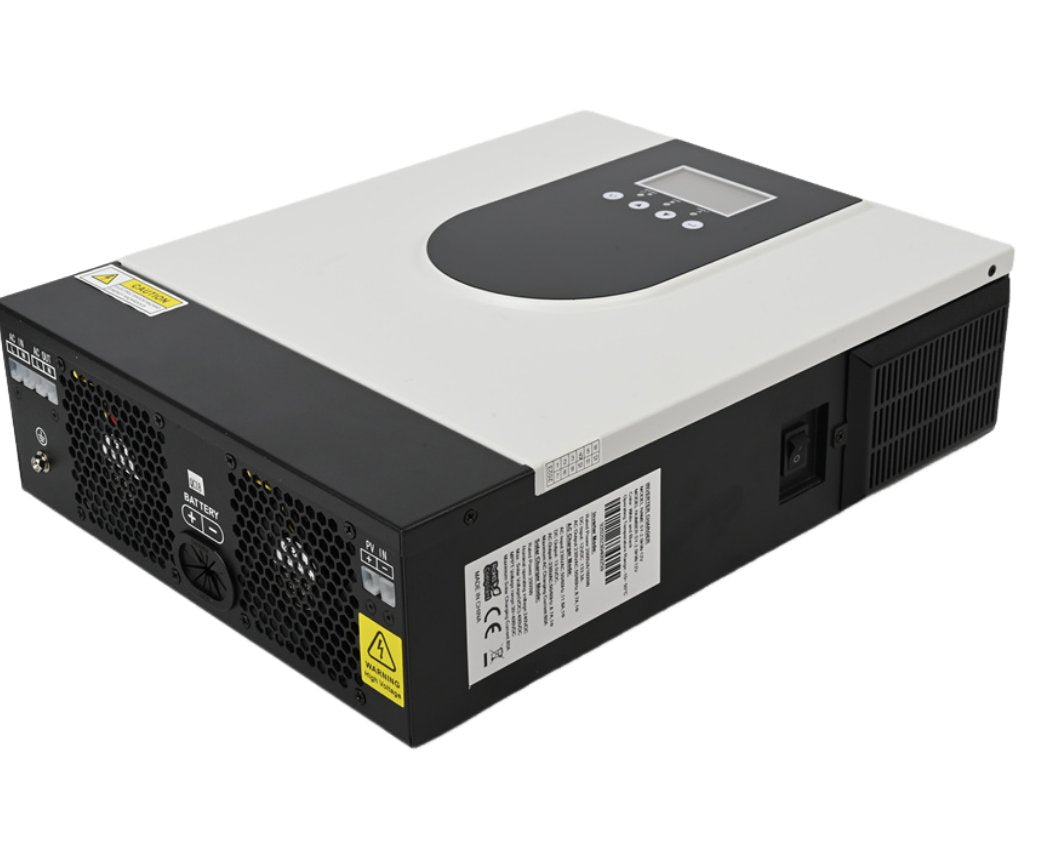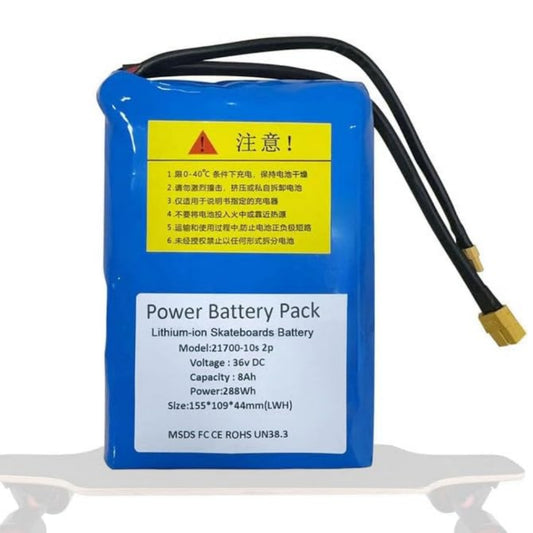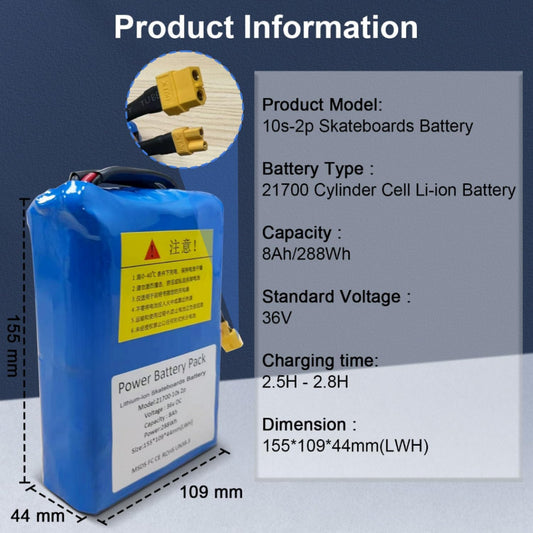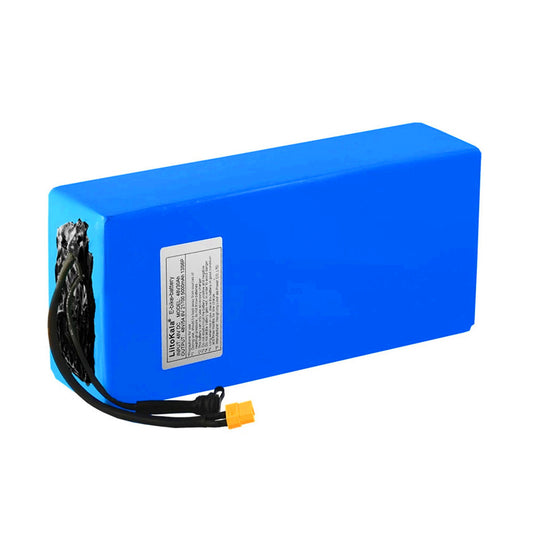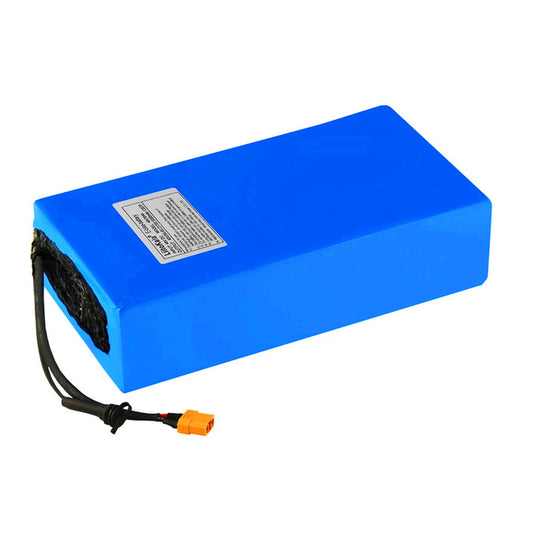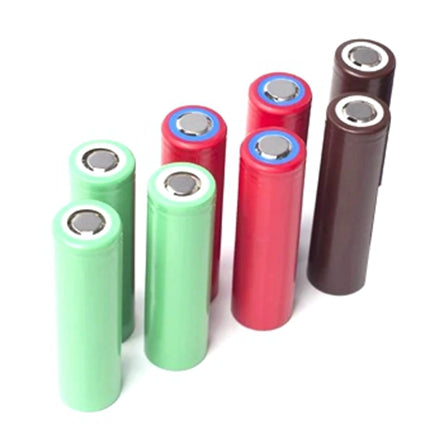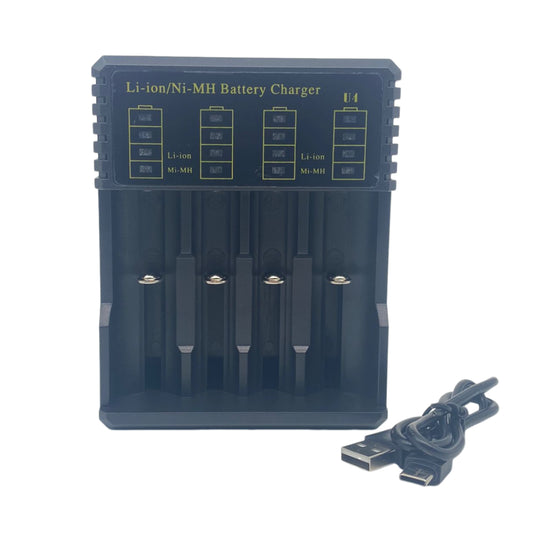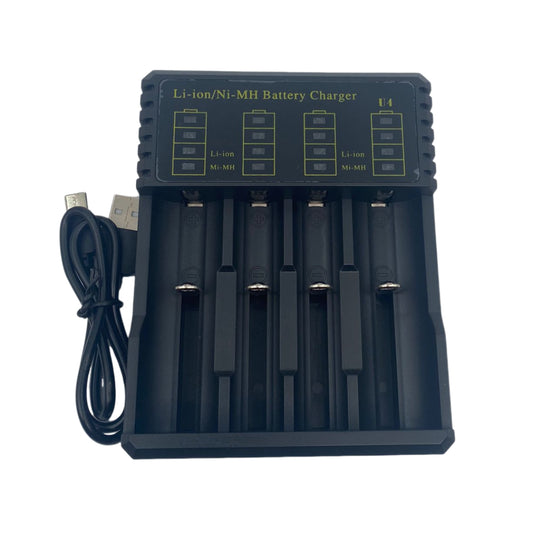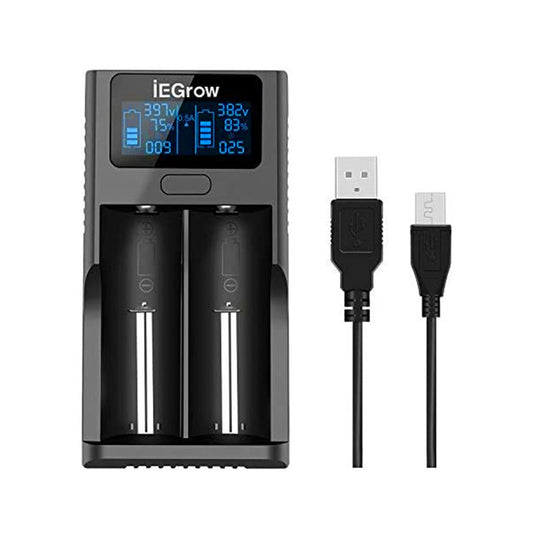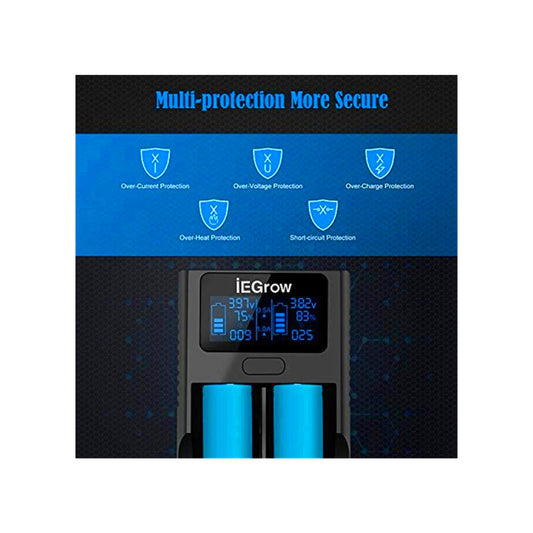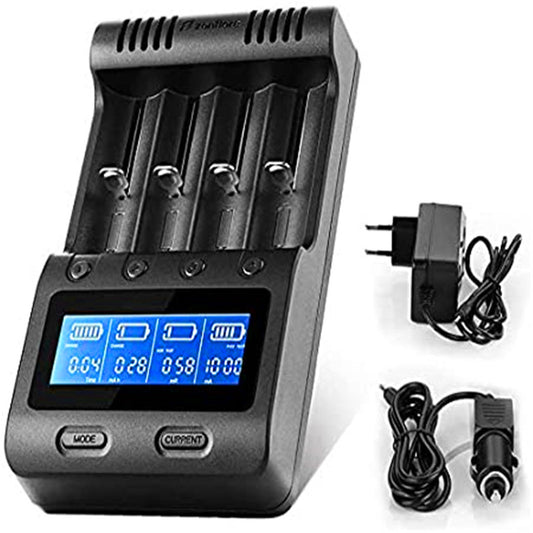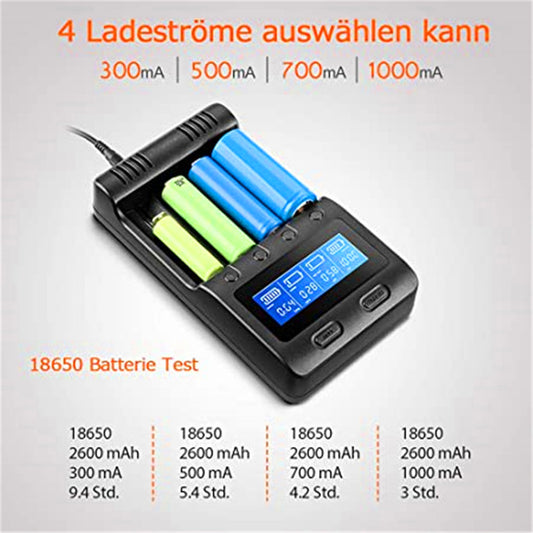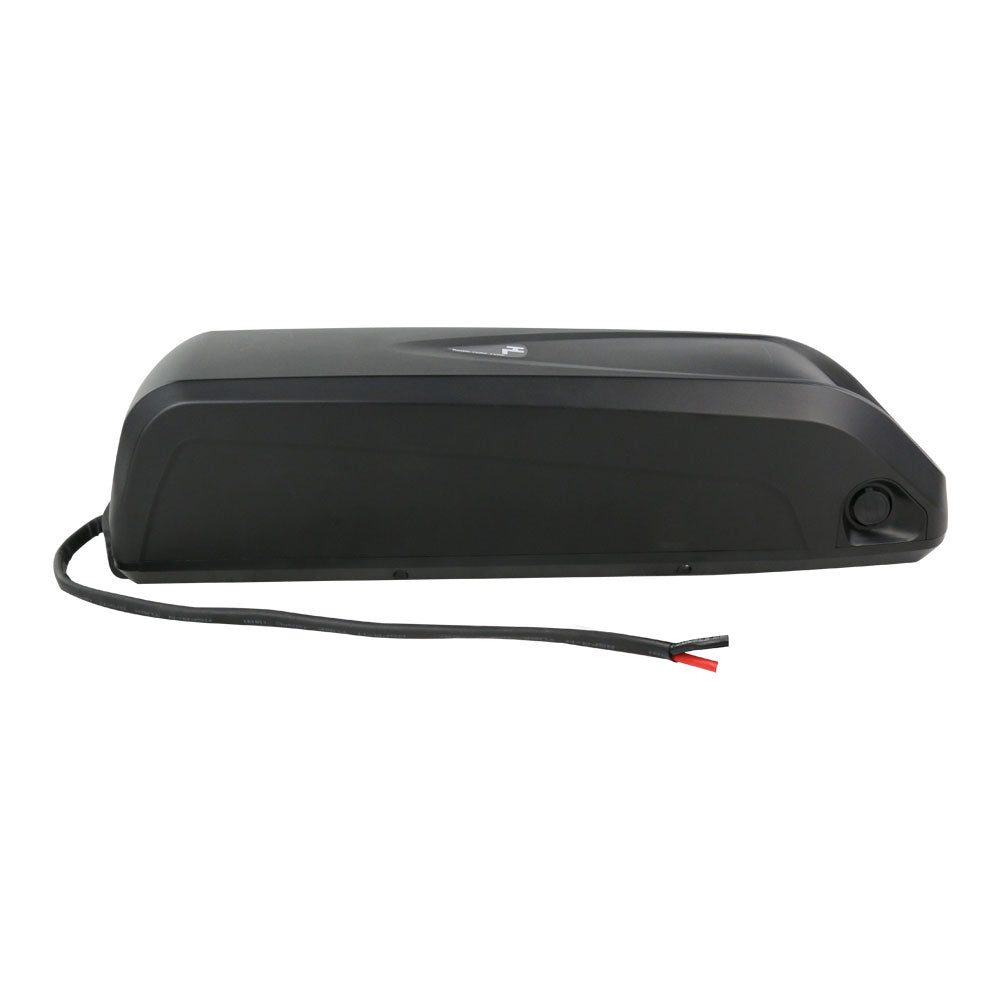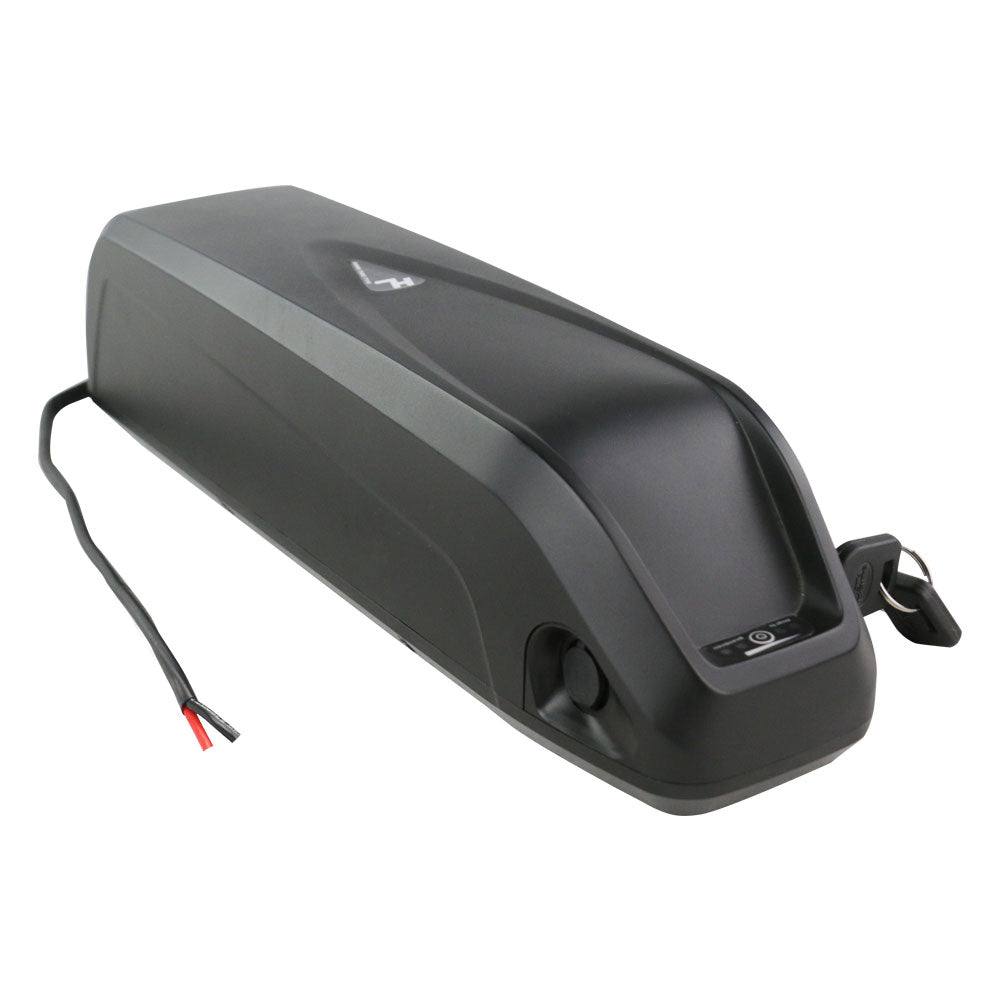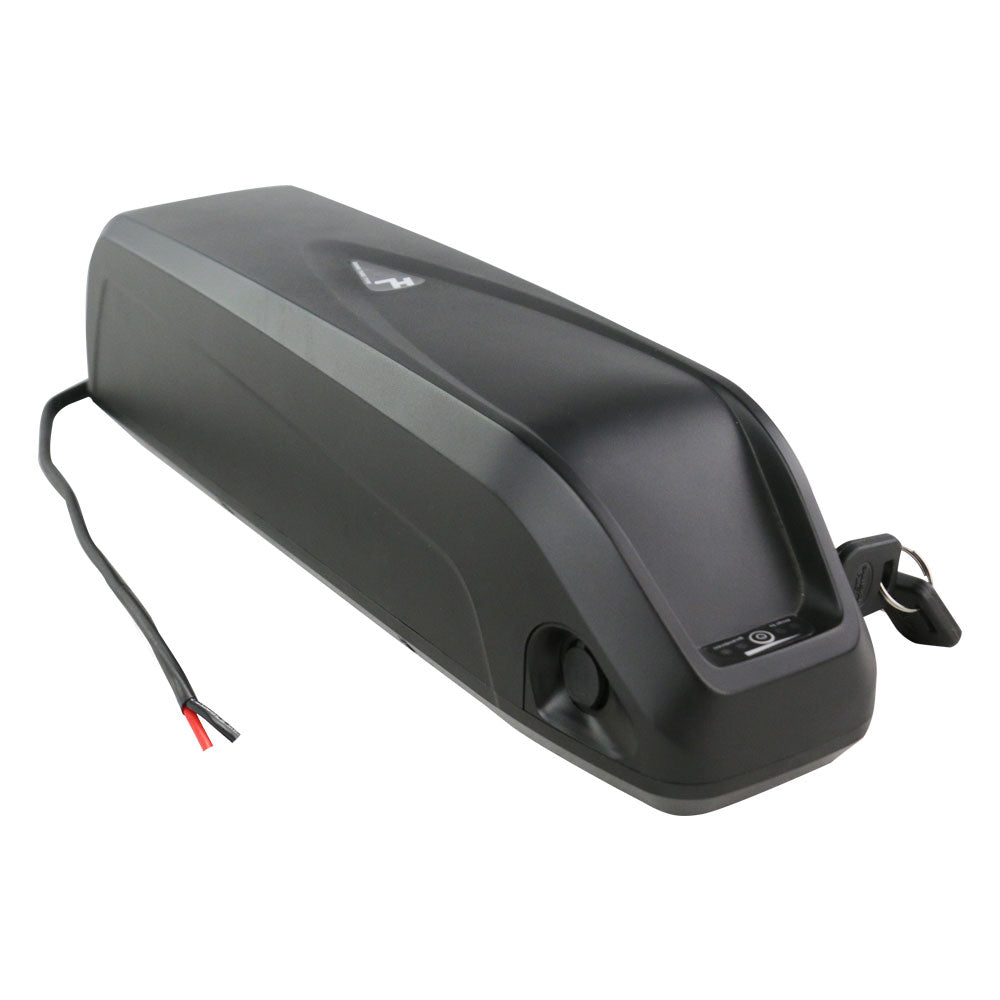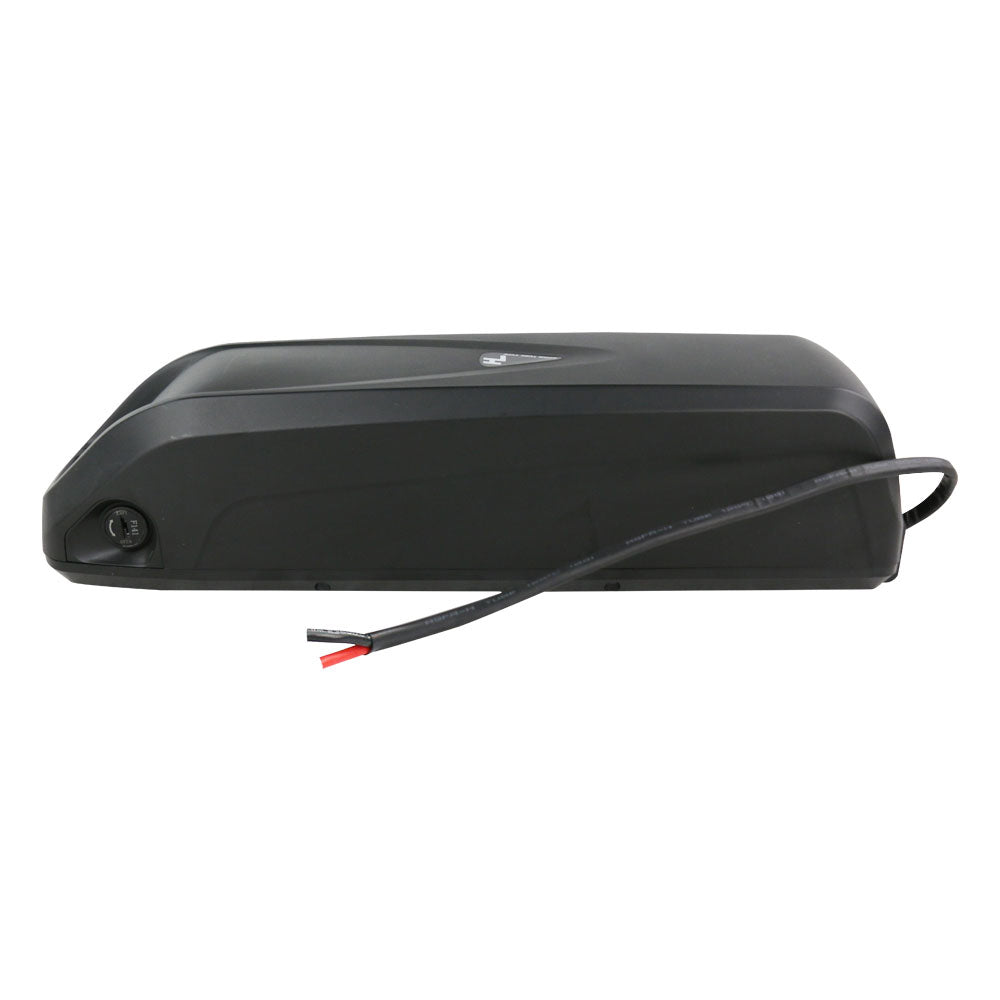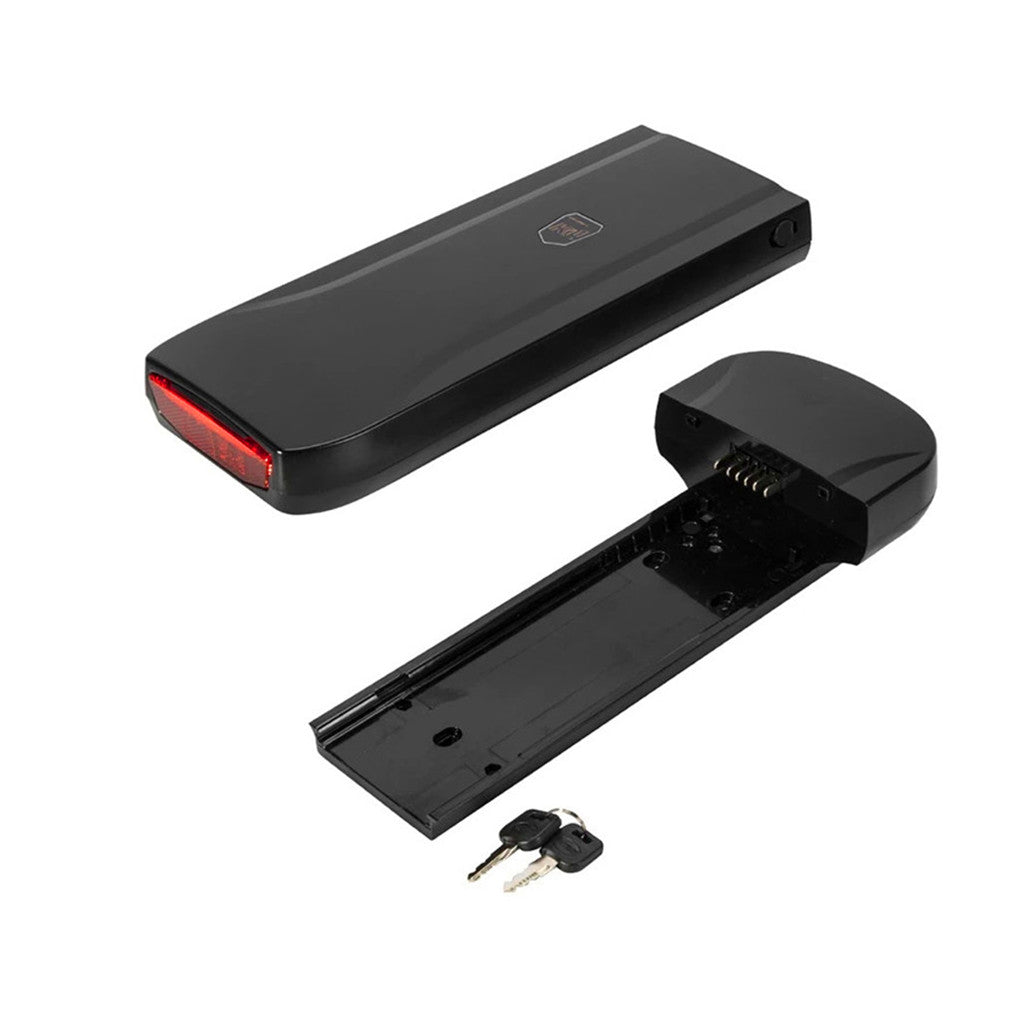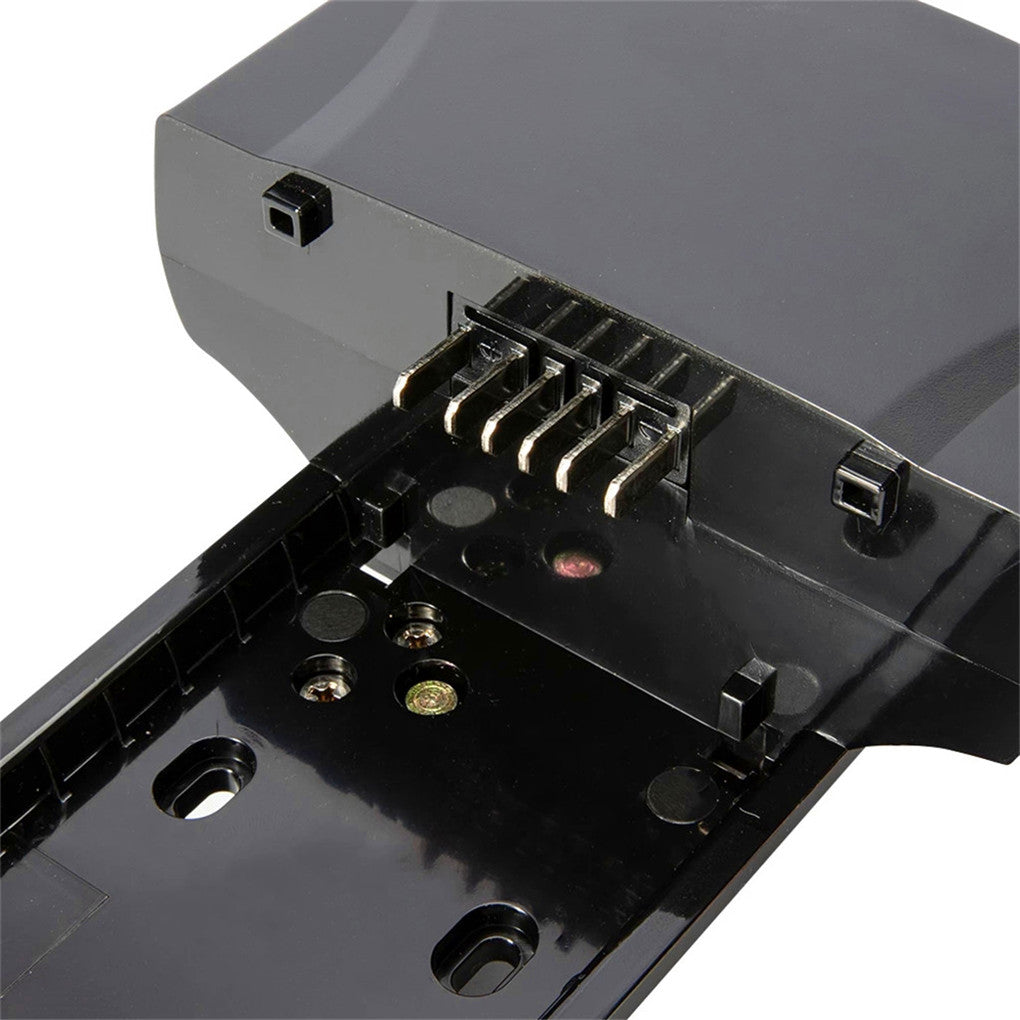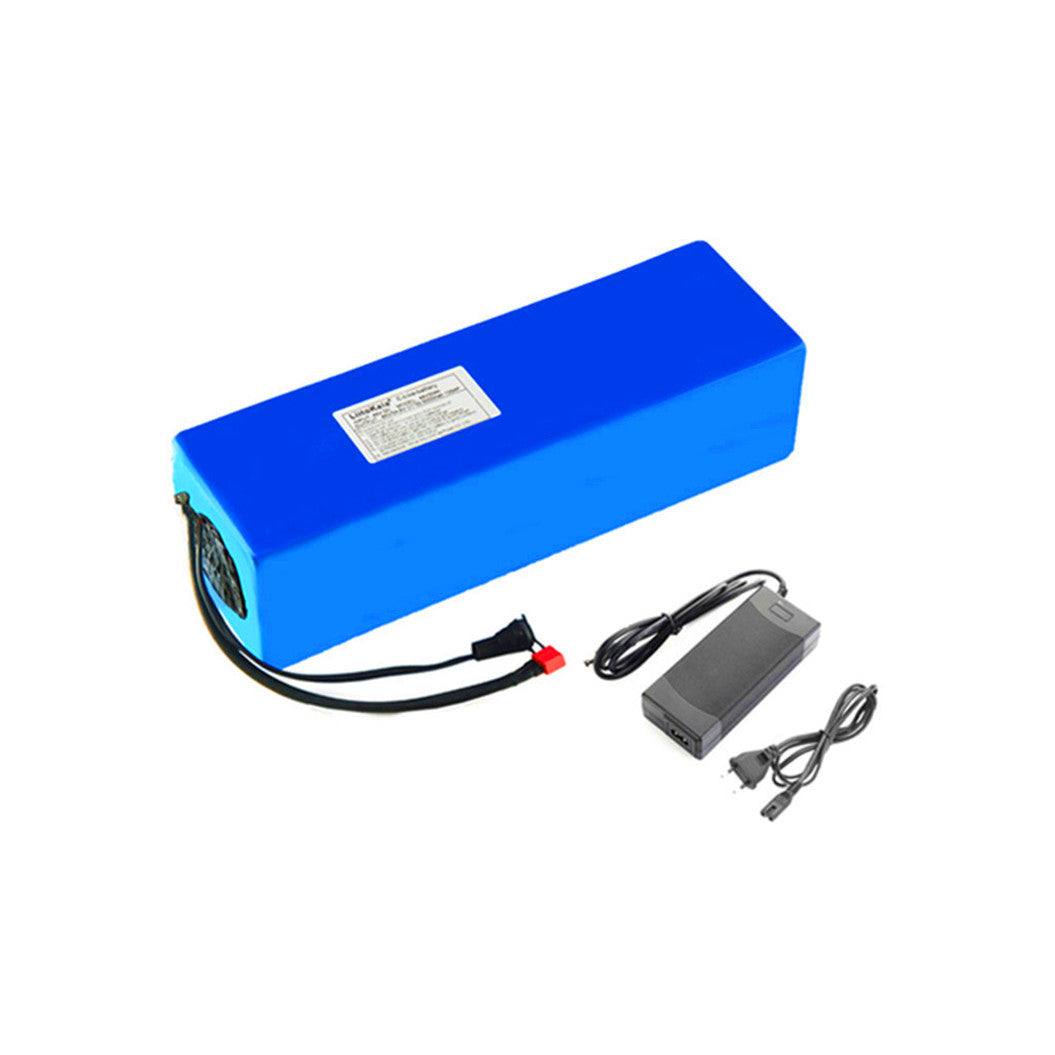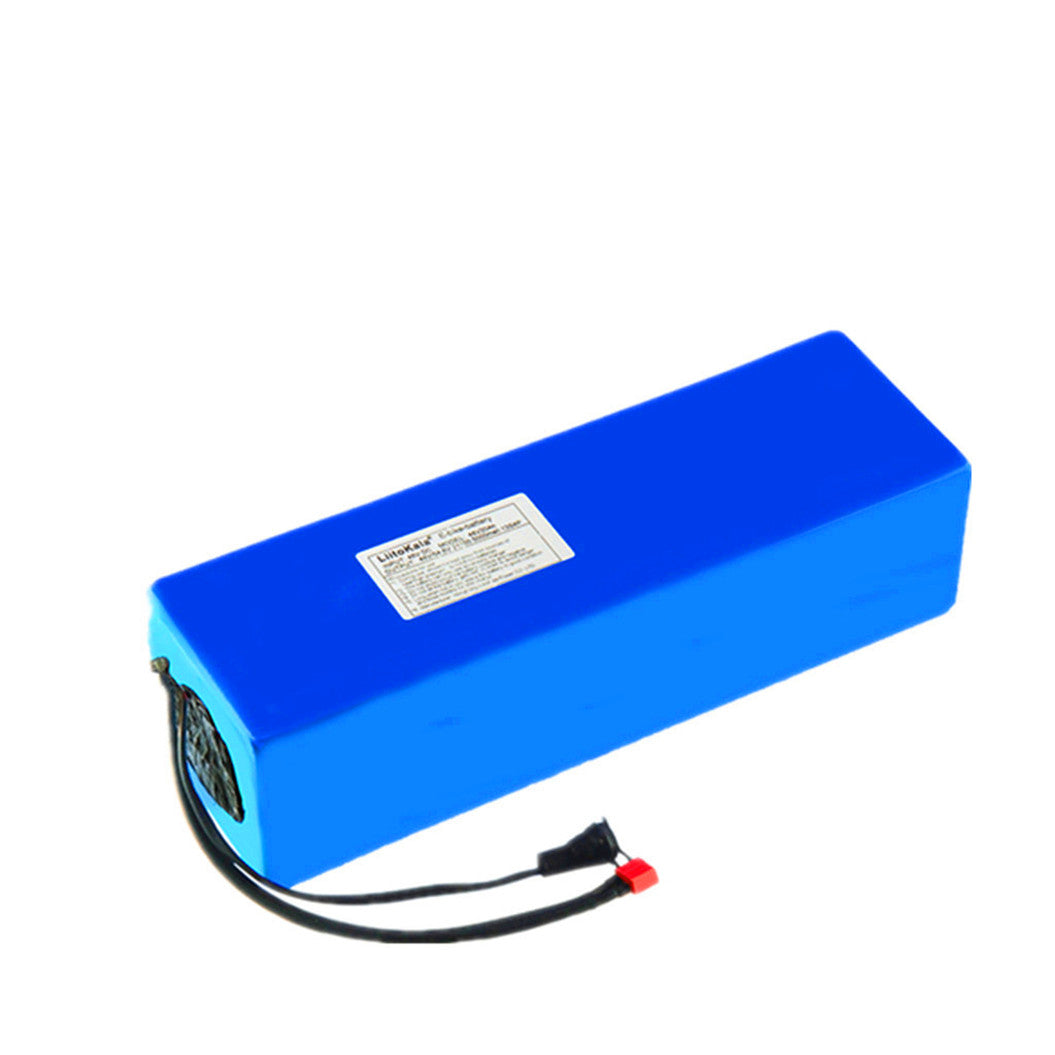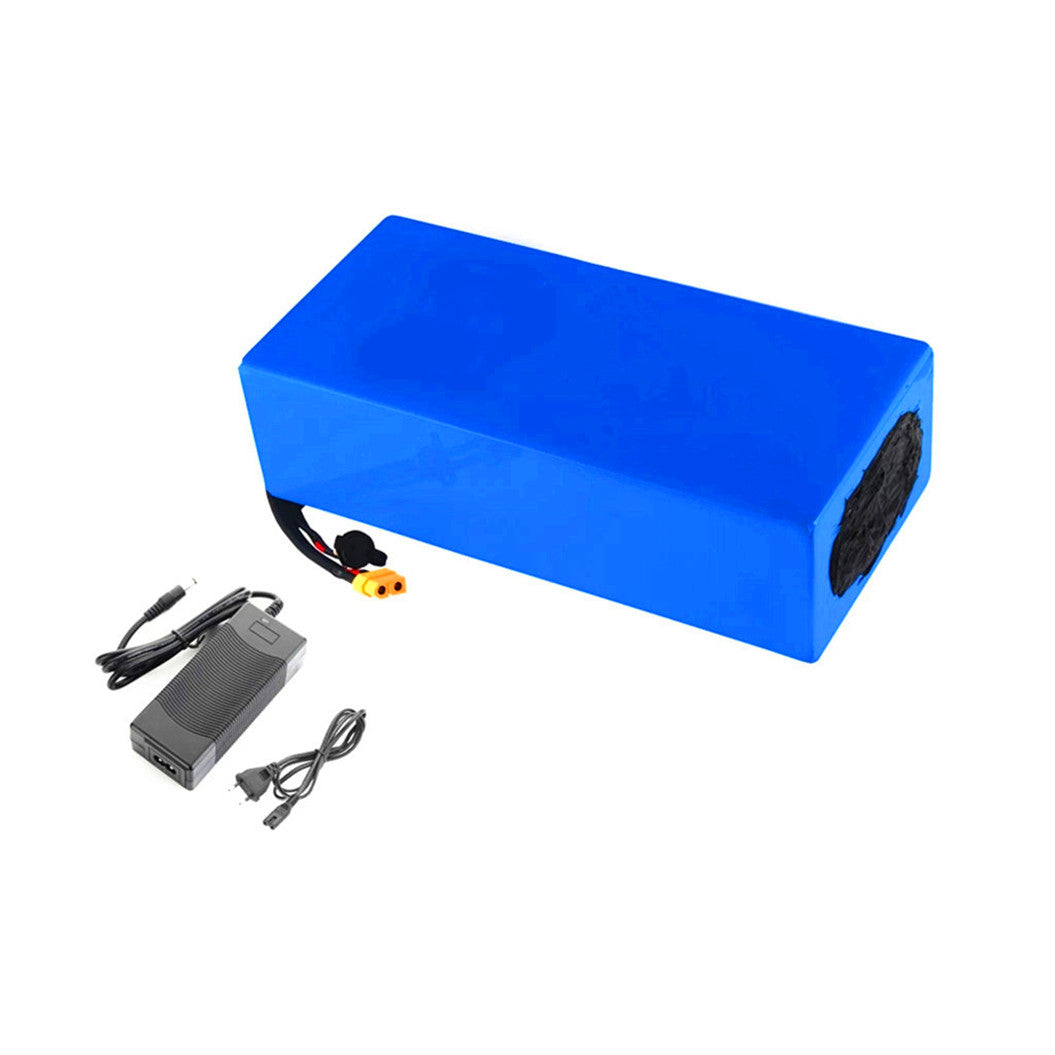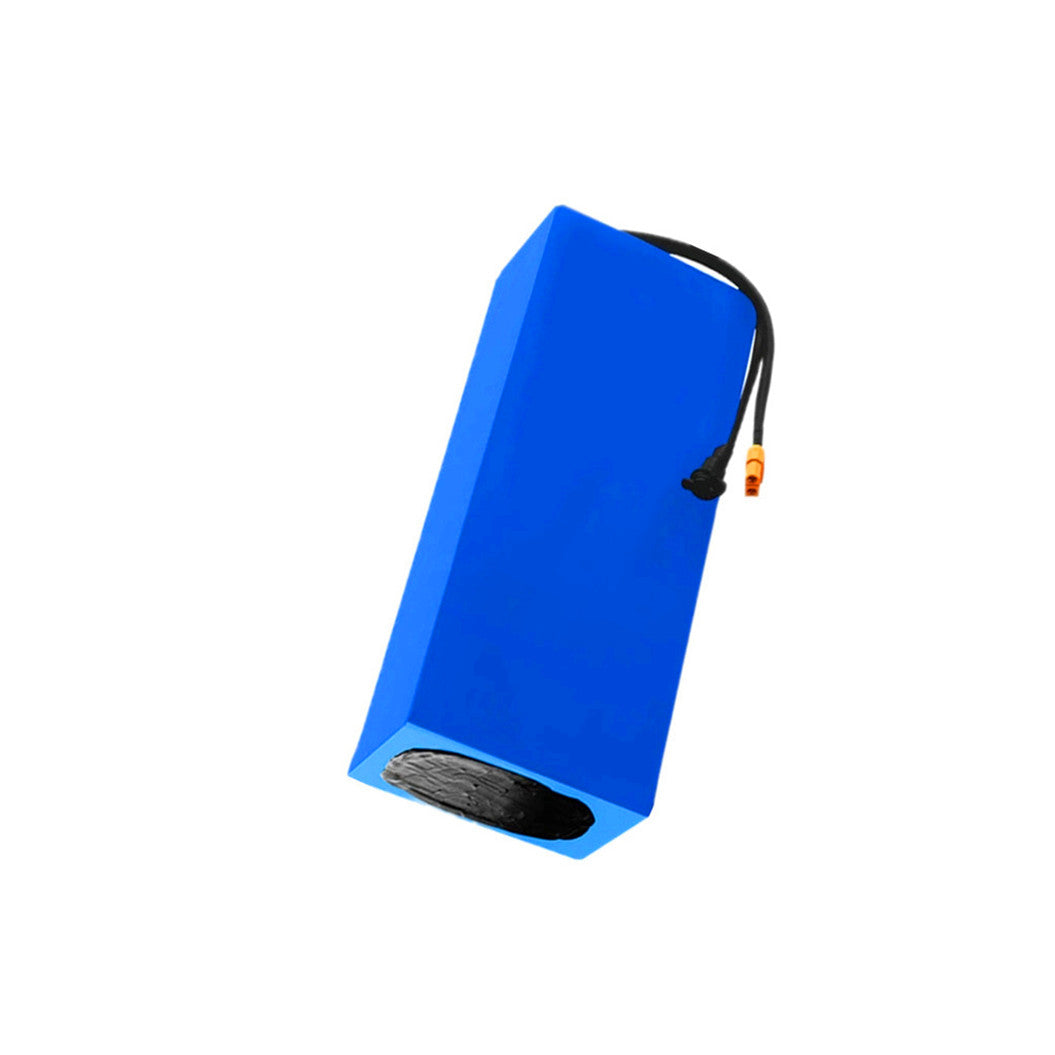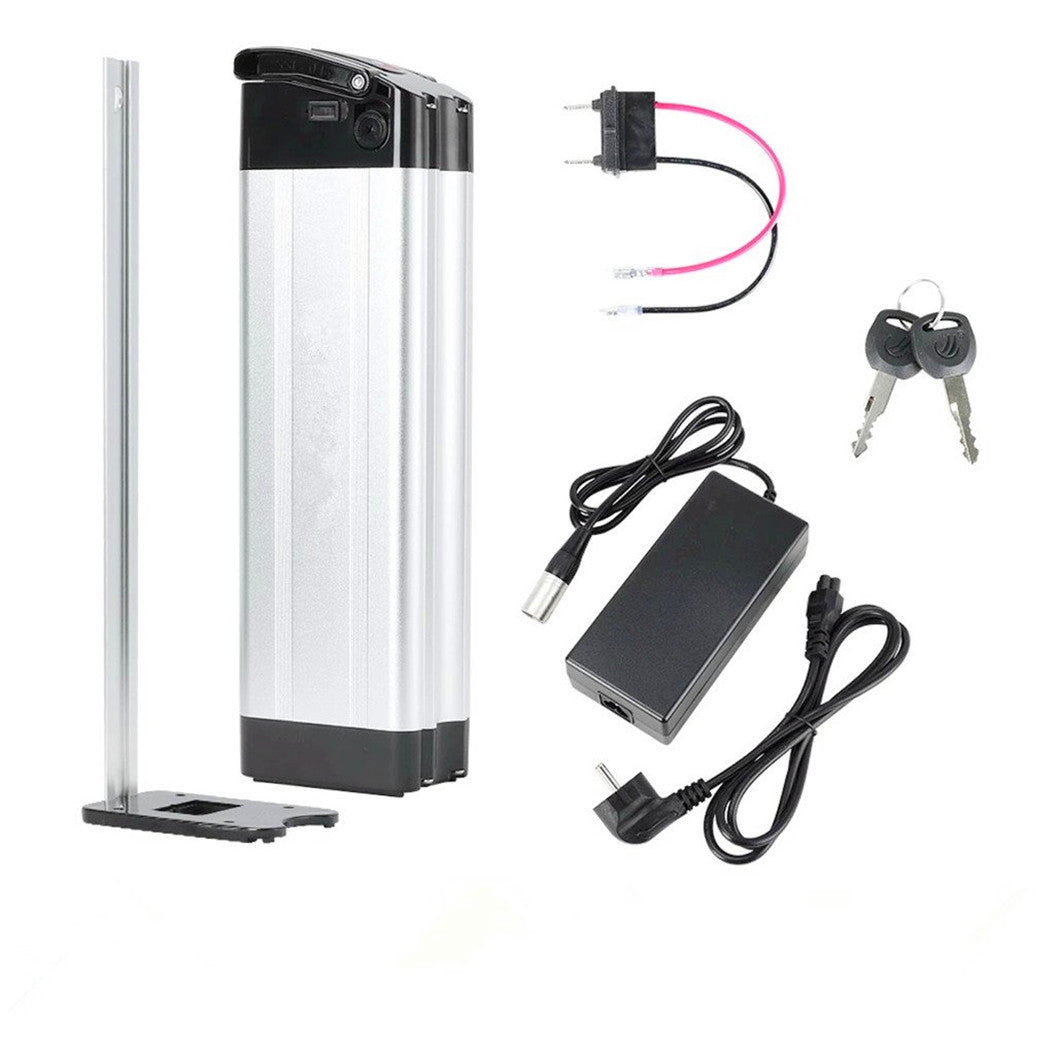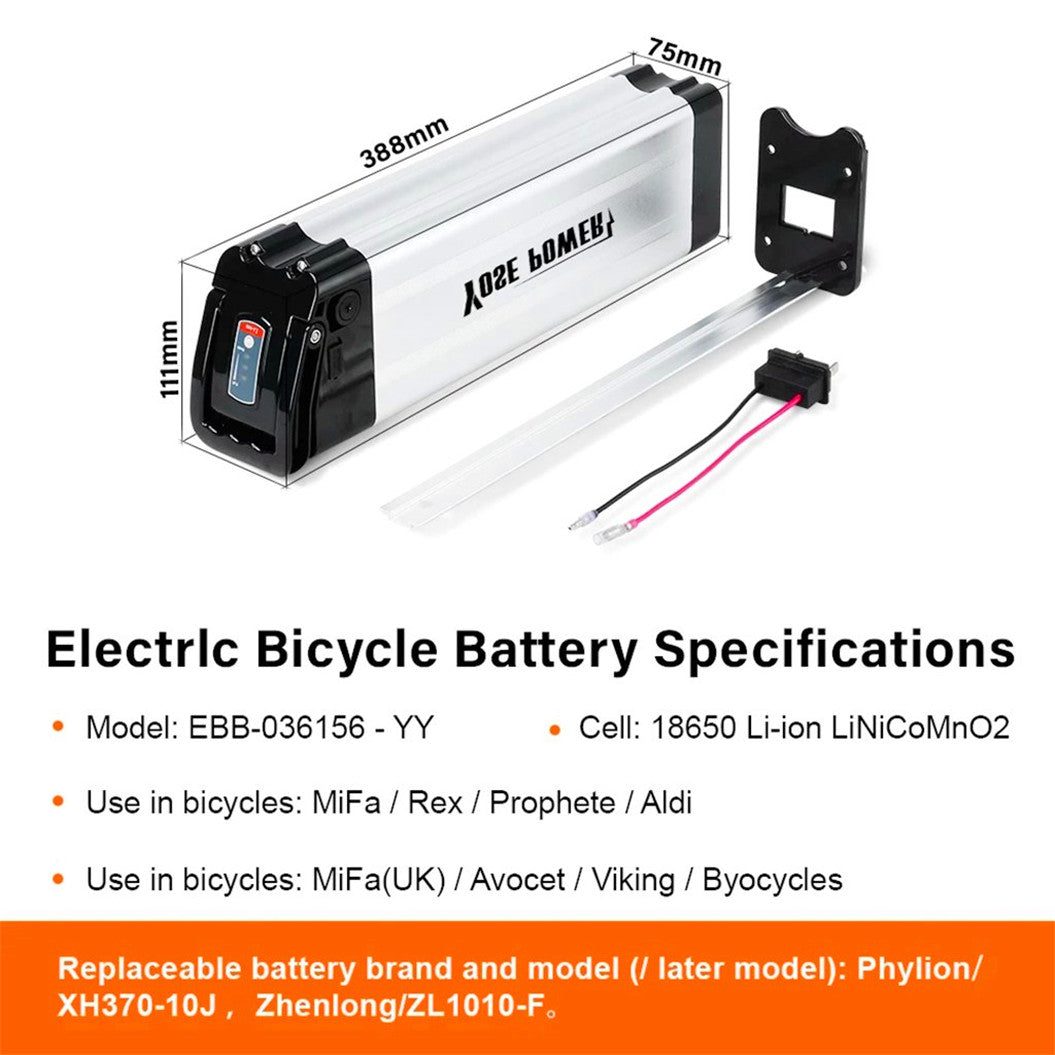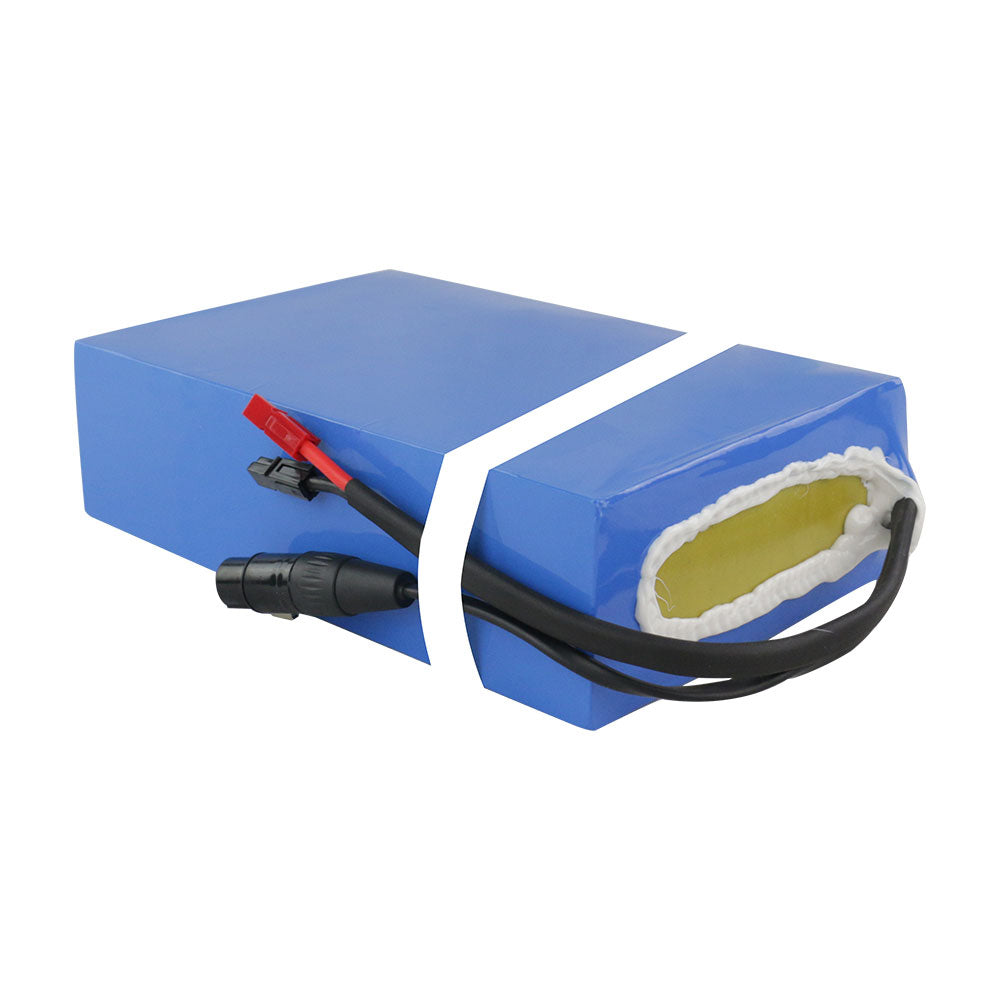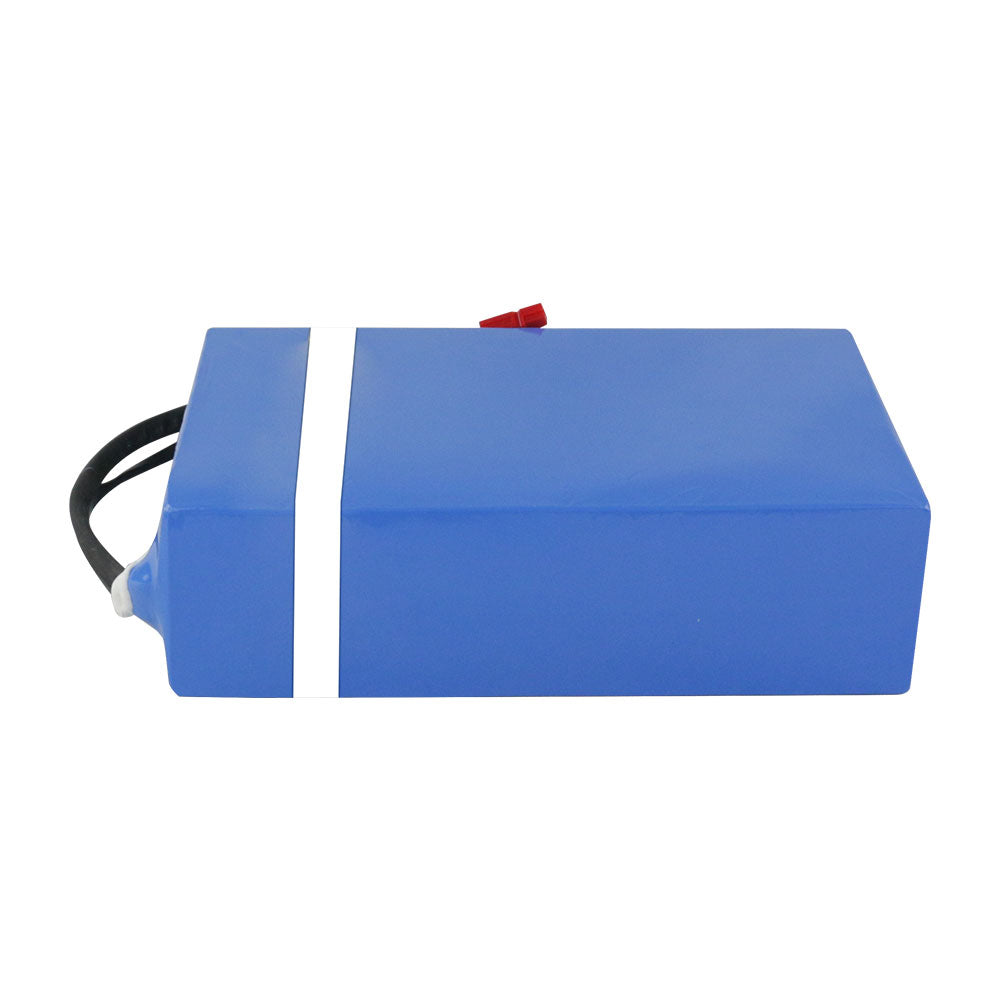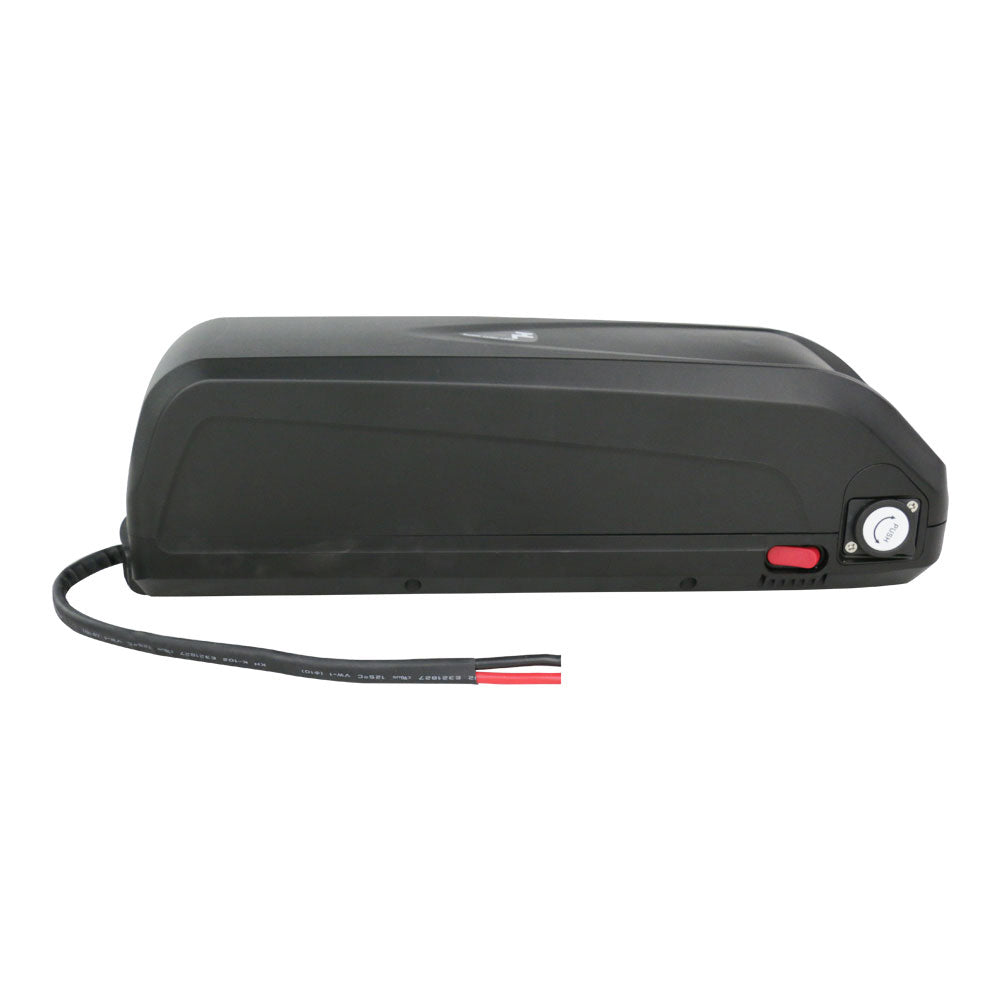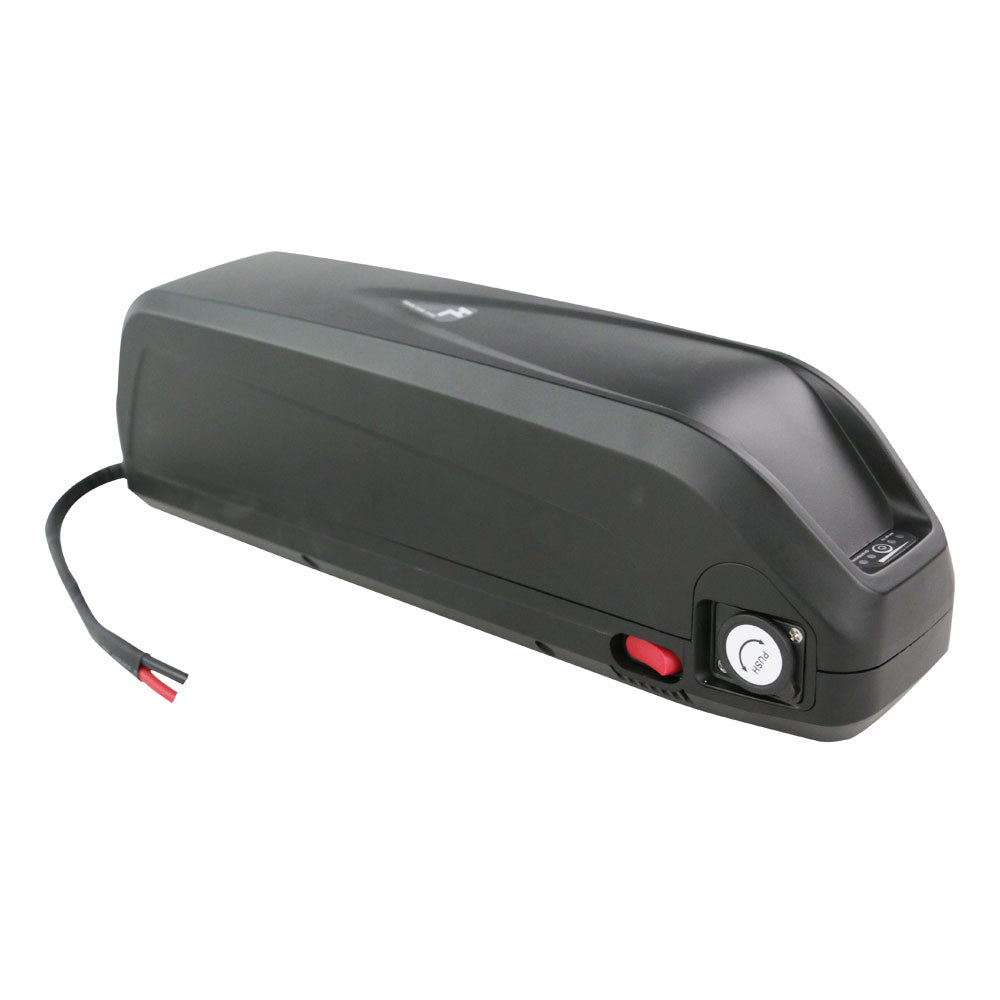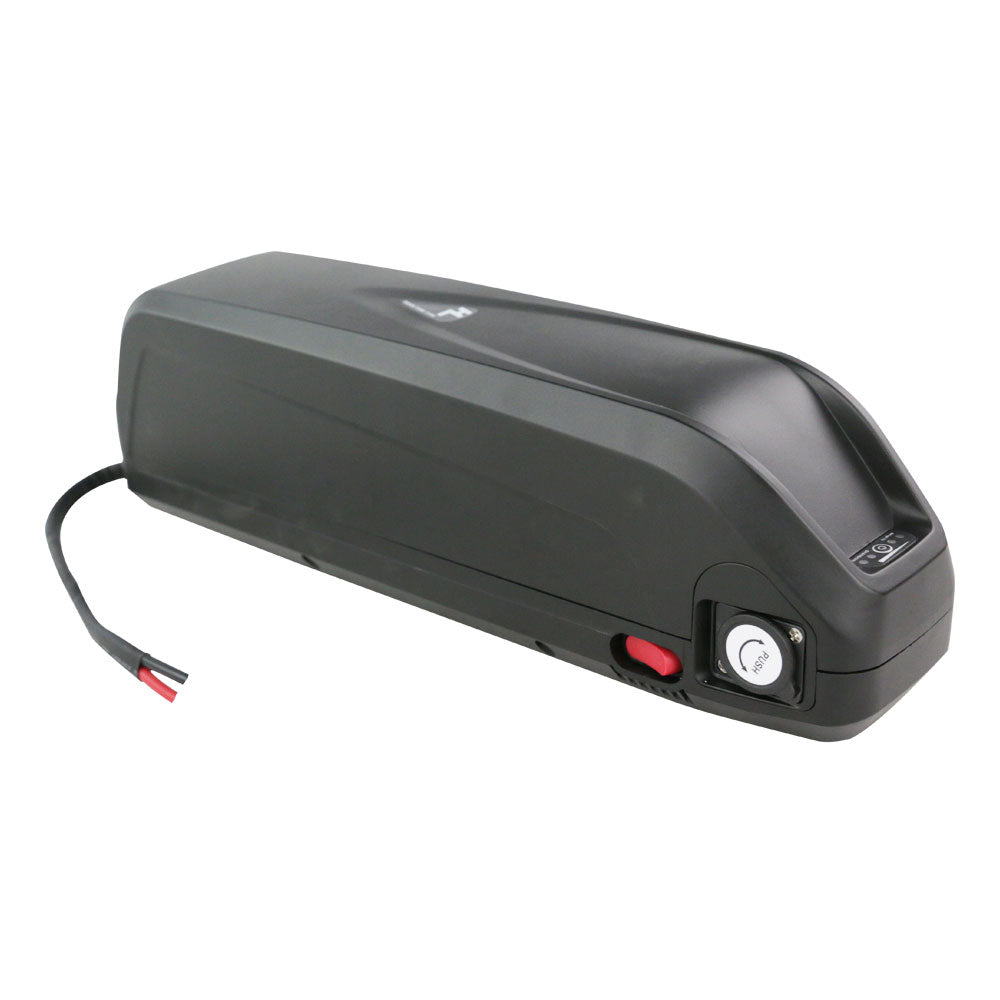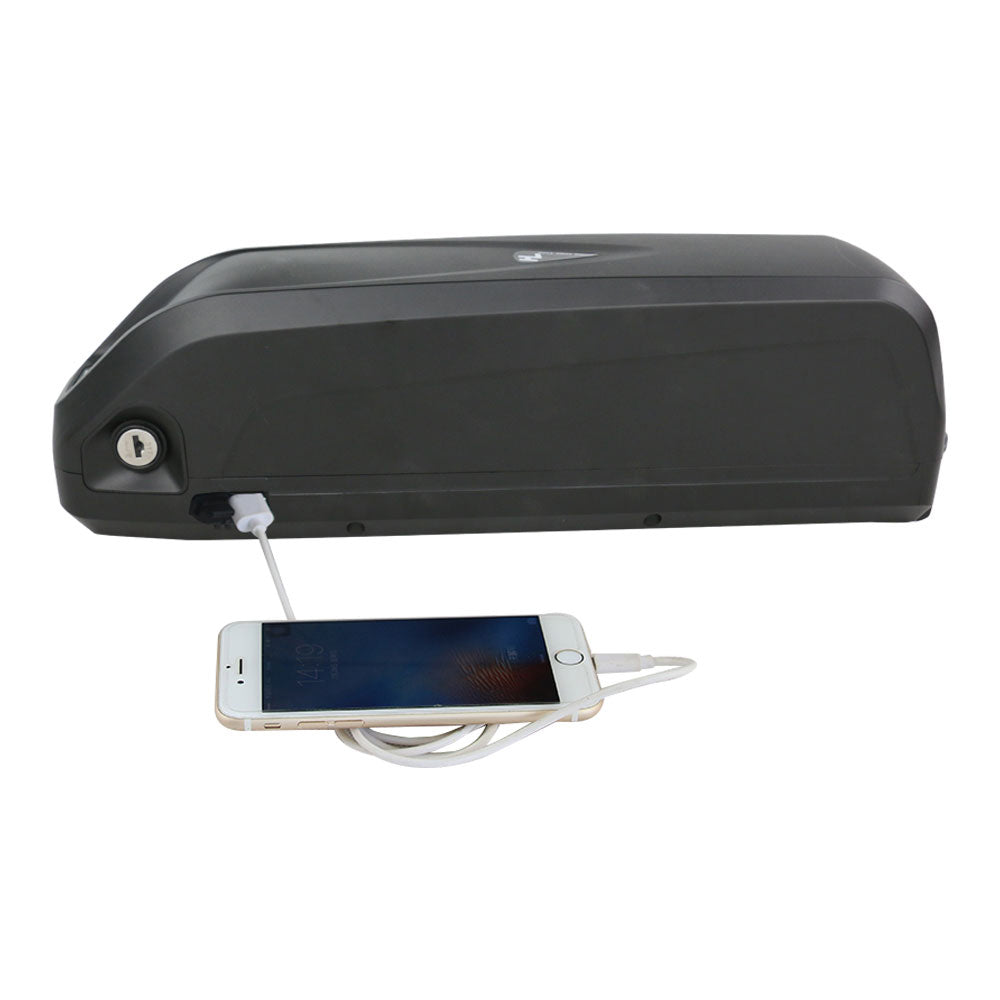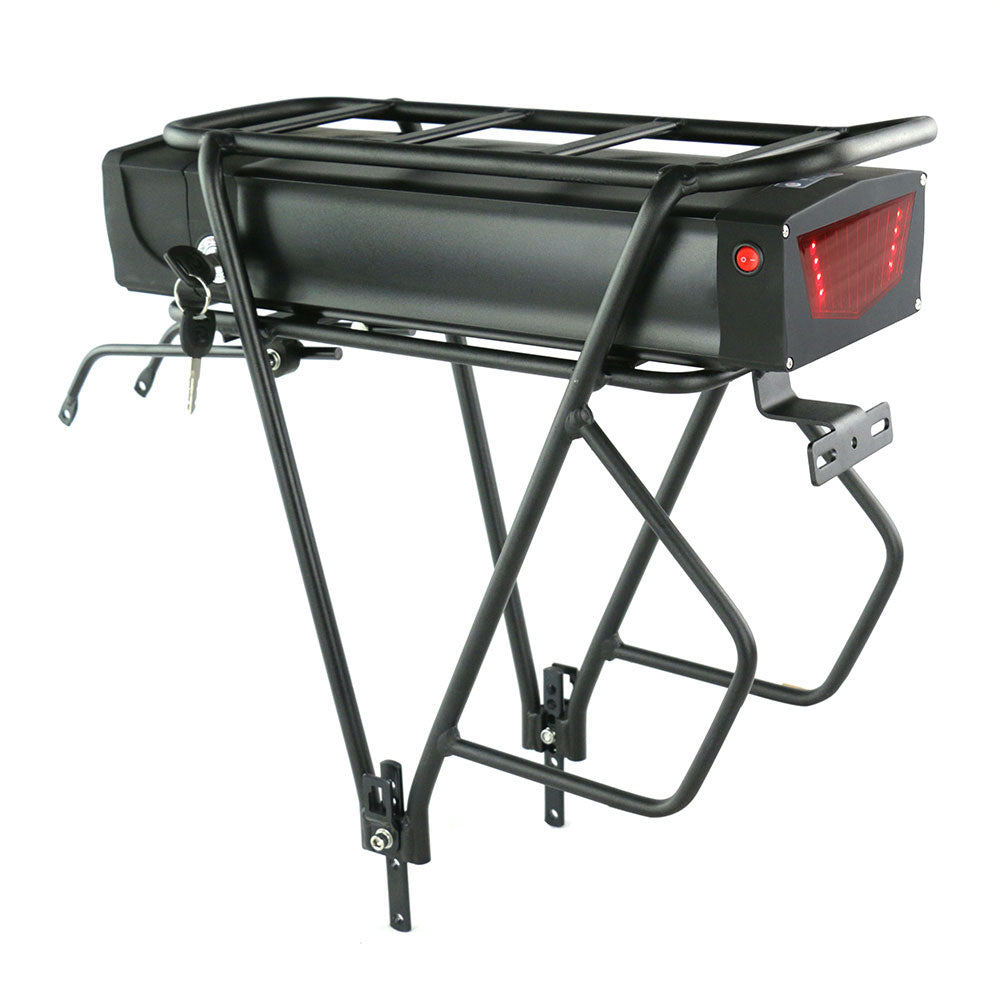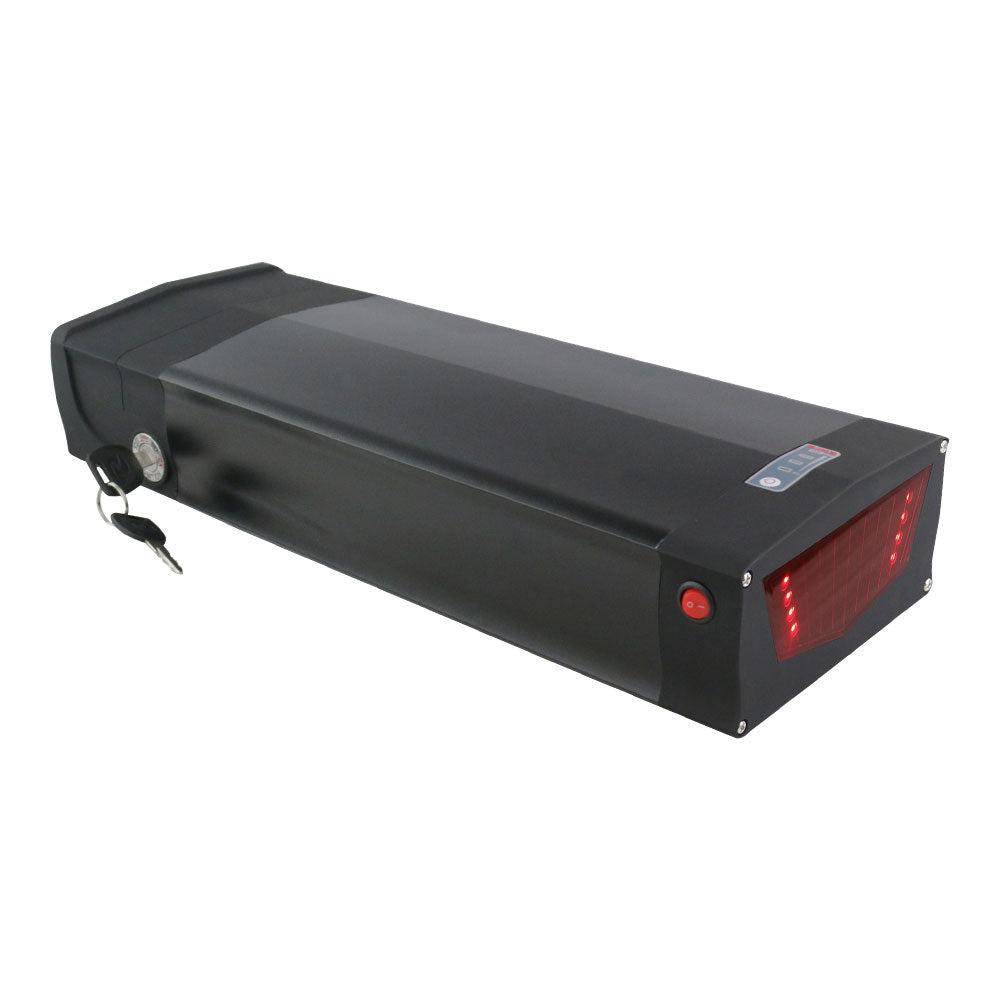-
販売元:BATTERYINT
36V 19.2Ah リチウムイオン ハイロン電動自転車用バッテリー BMS 付き USB モーター用非常用バックアップ S039
- 通常価格
- $309.90
- 通常価格
-
- セール価格
- $309.90
- 単価
- あたり
36V 19.2Ah リチウムイオン ハイロン電動自転車用バッテリー BMS 付き USB モ... -
販売元:BATTERYINT
36V 19.2Ah リチウムイオン ハイロン電動自転車用バッテリー BMS 付き USB モーター用非常用バックアップ S039
- 通常価格
- $309.90
- 通常価格
-
- セール価格
- $309.90
- 単価
- あたり
36V 19.2Ah リチウムイオン ハイロン電動自転車用バッテリー BMS 付き USB モ... -
販売元:BATTERYINT
フィリオン(Phylion)オリジナル電動自転車後部フレーム用電池 36V 13Ah リチウム電池 電動自転車 Joycube Zauberstab ES XH370 13J 向け
- 通常価格
- $335.00
- 通常価格
-
- セール価格
- $335.00
- 単価
- あたり
フィリオン(Phylion)オリジナル電動自転車後部フレーム用電池 36V 13Ah リチウム... -
販売元:BATTERYINT
オリジナル 48V 20AH 電動自転車用電池 48V 1500W 電動自転車用電池 高性能電動自転車用電池
- 通常価格
- $306.79
- 通常価格
-
- セール価格
- $306.79
- 単価
- あたり
オリジナル 48V 20AH 電動自転車用電池 48V 1500W 電動自転車用電池 高性能電... -
販売元:BATTERYINT
電動自転車用バッテリー 60V 30ah XT60 リチウムイオンバッテリー 自転車改造キット 八方(Bafang)BMS 高性能保護
- 通常価格
- $414.58
- 通常価格
-
- セール価格
- $414.58
- 単価
- あたり
電動自転車用バッテリー 60V 30ah XT60 リチウムイオンバッテリー 自転車改造キット... -
販売元:BATTERYINT
電動自転車用バッテリー 60V 30ah リチウムイオンバッテリーパック 自転車改造キット 八方(Bafang)BMS 高電力保護
- 通常価格
- $399.00
- 通常価格
-
- セール価格
- $399.00
- 単価
- あたり
電動自転車用バッテリー 60V 30ah リチウムイオンバッテリーパック 自転車改造キット 八... -
販売元:BATTERYINT
ミファ自転車用 E-bike 18650 リチウム 36V バッテリーパック(USB 付き) 飛竜 XH370 - 10J リチウム電池
- 通常価格
- $239.99
- 通常価格
-
- セール価格
- $239.99
- 単価
- あたり
ミファ自転車用 E-bike 18650 リチウム 36V バッテリーパック(USB 付き) ... -
販売元:BATTERYINT
60V 20Ah バッテリー ブラックリチウムイオン 50A BMS付き アウトドア用eバイク D034
- 通常価格
- $469.90
- 通常価格
-
- セール価格
- $469.90
- 単価
- あたり
60V 20Ah バッテリー ブラックリチウムイオン 50A BMS付き アウトドア用eバイク... -
販売元:BATTERYINT
52V 14.4Ah バッテリー リチウムイオン Hailong Ebike バッテリー BMS USB モーター緊急バックアップ S039-3
- 通常価格
- $349.90
- 通常価格
-
- セール価格
- $349.90
- 単価
- あたり
52V 14.4Ah バッテリー リチウムイオン Hailong Ebike バッテリー BM... -
販売元:BATTERYINT
52V 13Ah バッテリー リチウムイオン Hailong Ebike バッテリー BMS USB モーター緊急バックアップ S039-3
- 通常価格
- $319.90
- 通常価格
-
- セール価格
- $319.90
- 単価
- あたり
52V 13Ah バッテリー リチウムイオン Hailong Ebike バッテリー BMS ... -
販売元:BATTERYINT
52V 20Ah リチウムイオン電動バイク用バッテリーパック 40A BMS S045用 ブラックVブレーキハンガー付き
- 通常価格
- $429.90
- 通常価格
-
- セール価格
- $429.90
- 単価
- あたり
52V 20Ah リチウムイオン電動バイク用バッテリーパック 40A BMS S045用 ブラ... -
販売元:BATTERYINT
48V 30Ah 21700 5000mAh 13S6P リチウムイオンバッテリー スクーター用 48V 30Ah 電動バイク用バッテリー 48V2A 充電器付き
- 通常価格
- $399.99
- 通常価格
-
- セール価格
- $399.99
- 単価
- あたり
48V 30Ah 21700 5000mAh 13S6P リチウムイオンバッテリー スクーター...
ショーイング 61 -72 の 87 項目
1. What is an e bike battery and how does it work?
An e bike battery is a rechargeable power source used to supply energy to electric bicycles. It stores electrical energy and provides power to the bike's motor, enabling you to ride with pedal assistance or full electric mode. The capacity and voltage of an electric bike battery determine the bike's range and power output. Most modern batteries for electric bikes use lithium-ion technology, which offers a balance between lightweight design and high energy efficiency.
2. How long does an e bike battery last on a single charge?
The range of an e bike battery on a single charge varies depending on several factors, including battery capacity, terrain, rider weight, and riding style. Typically, an ebike battery can last anywhere from 20 to 100 miles on a full charge. Higher-capacity batteries for electric bikes will offer a greater range, while factors like hilly terrain or using higher motor assist levels can reduce battery life. Regular charging and proper maintenance also help maximize battery performance.
3. What should I consider when choosing a battery for an electric bike?
When selecting a battery for an electric bike, key factors to consider include voltage, capacity (measured in watt-hours), and weight. A higher voltage provides more power, which can be important for climbing hills or carrying heavy loads, while a larger capacity extends the bike’s range. It's also important to check compatibility with your e-bike’s motor system and frame. Additionally, the weight of e bike batteries can affect the overall ride experience, especially in terms of handling.
4. How do I properly maintain my electric bike battery?
Proper maintenance of your electric bike battery involves several key steps to extend its life. Always charge your ebike battery using the correct charger and avoid overcharging. It’s also recommended to store the battery in a cool, dry place, ideally between 50-75% charge if you’re not using it for an extended period. Avoid fully discharging the battery regularly, as this can reduce its lifespan. Regular cleaning of the battery contacts can also ensure efficient power transfer.
5. When should I replace my e bike battery?
An e bike battery replacement is usually needed after several years of regular use. Most e bike batteries are designed to last between 500 to 1,000 charge cycles. If you notice that your battery's range has significantly decreased or it takes much longer to charge, it might be time for an e bike battery replacement. Additionally, if the battery no longer holds a charge or shows signs of physical damage, replacing it is essential for safe riding.
6. How long does it take to charge an electric bike battery?
Charging times for an electric bike battery typically range from 3 to 6 hours, depending on the battery's capacity and the charger used. Most standard chargers will fully charge batteries for electric bikes in about 4 to 5 hours. Fast chargers can reduce the time, but frequent fast charging may degrade the battery's lifespan over time. It's always best to refer to the manufacturer’s guidelines for optimal charging practices.
7. Can I upgrade my battery for an electric bike to get more range?
Yes, upgrading the battery for an electric bike is possible, and it can provide more range. Many e-bike models support higher-capacity batteries that allow for longer rides on a single charge. However, it’s crucial to ensure that the new ebike battery is compatible with your bike’s motor system. Installing a battery with a different voltage or connector type could damage the bike’s electronics, so always check with the manufacturer or a professional before upgrading.
8. How do I safely dispose of an old e bike battery?
Disposing of an old e bike battery requires careful handling, as lithium-ion batteries can be hazardous if not properly recycled. Never throw an old electric bike battery in the regular trash. Instead, take it to a certified recycling facility or a battery collection center that specializes in handling batteries for electric bikes. Many retailers and e-bike manufacturers also offer battery recycling programs, ensuring safe disposal and the recovery of valuable materials.
9. How do temperature changes affect my ebike battery?
Extreme temperatures, both hot and cold, can impact the performance and lifespan of your ebike battery. Cold weather can temporarily reduce the battery’s range, while excessive heat may cause damage over time. It’s best to store and charge your battery for an electric bike in moderate temperatures, ideally between 15°C and 25°C. If riding in extreme conditions, try to keep the battery warm or cool, depending on the environment, to maintain optimal performance.
10. Are there different types of e bike batteries?
Yes, there are various types of e bike batteries, with lithium-ion being the most common due to its lightweight and high energy efficiency. Some older models may still use lead-acid or nickel-metal hydride batteries, but these are heavier and have shorter lifespans compared to modern lithium-ion options. When purchasing a new or replacement battery for an electric bike, it’s advisable to choose a lithium-ion battery, as it offers the best combination of performance, weight, and durability.

